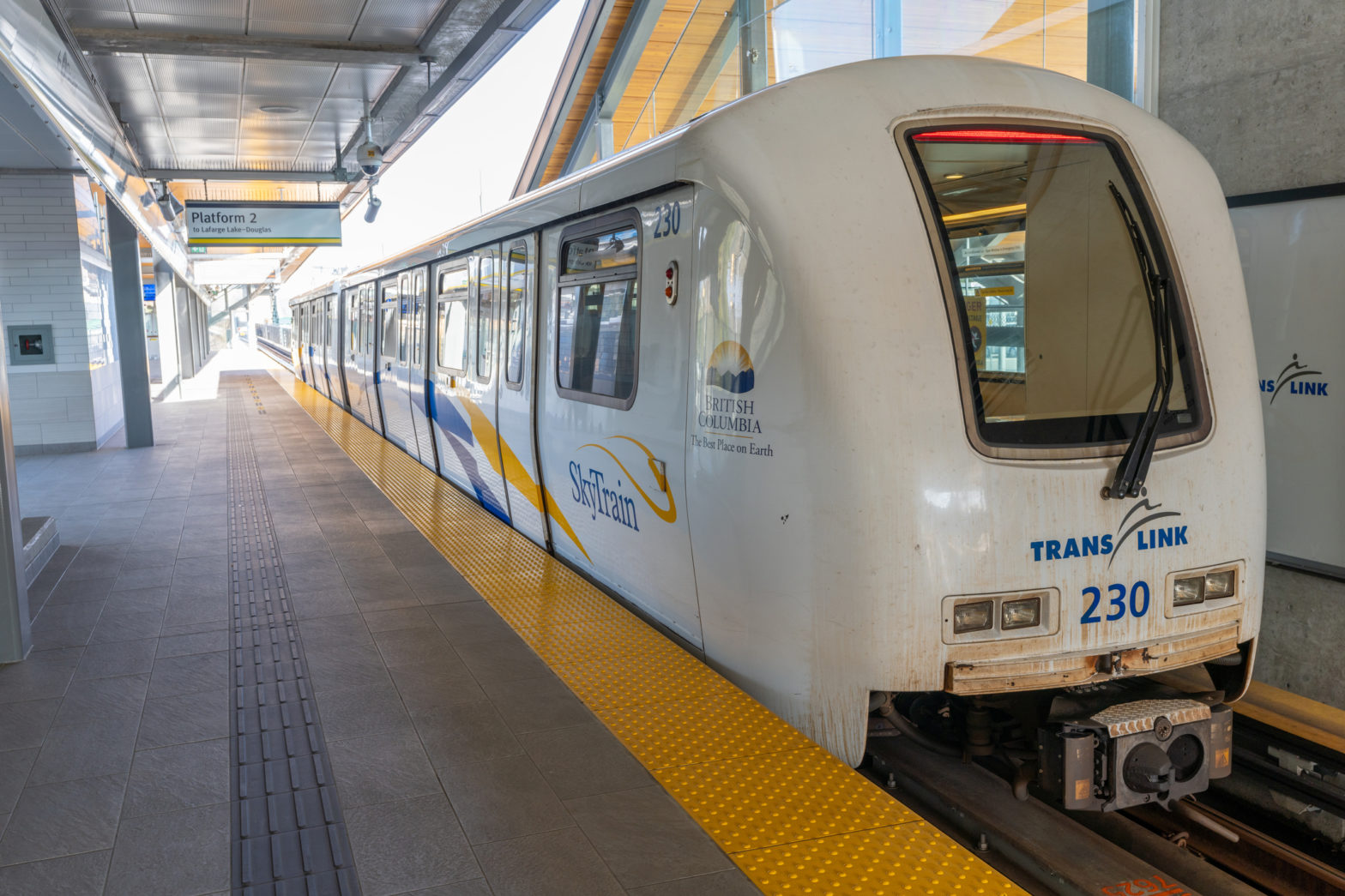
Metro Vancouver gets $1 billion but funding gaps remain
25 March 2025
by William Thorpe
Metro Vancouver is set to receive over CA$1.5 billion (US$1.05 billion) in capital funding for public transit infrastructure over the next ten years, as part of a Metro-Region Agreement under the Canada Public Transit Fund (CPTF).
Metro Vancouver’s transit network, operated by TransLink, serves 21 municipalities and 10 local First Nations, providing services such as buses, SkyTrain, SeaBus, and West Coast Express.
The newly announced funding will be allocated to capital investments, with specific projects to be determined once the Metro-Region Agreement is finalised with the federal government.
A TransLink spokesperson confirmed to Cities Today, before the federal election blackout,: “The Metro-Region Agreement still needs to be signed with the Government of Canada before we can identify the exact projects that will be funded through the agreement,” they said.
While the federal funding supports long-term transit infrastructure, TransLink continues to face financial challenges in maintaining daily operations.
“The commitment made on Friday is to provide TransLink with capital funding,” the spokesperson added. “TransLink’s funding gap is a shortfall of operating funds.”
The agency is working with provincial authorities to address this issue “under on our 2025 Investment Plan and a solution to our ongoing funding gap,” the spokesperson added.
The money is part of a broader federal initiative to support public transit across Canada through the CPTF, which was launched in July 2024 as a permanent programme providing an average of CA$3 billion annually. The CPTF consists of three funding streams: Metro-Region Agreements, Baseline Funding, and Targeted Funding.
The Metro-Region Agreements focus on long-term transit planning in major metropolitan areas, ensuring predictable investment in infrastructure. Baseline Funding provides communities with resources for system maintenance and upgrades, while Targeted Funding supports specific priorities such as rural transit, electrification, and active transportation initiatives.
Metro Vancouver will now prepare to allocate the funding, keeping the focus on finalising agreements and ensuring that transit projects align with broader urban development goals, including housing affordability and sustainability.
Image: Kaedeenari | Dreamstime.com







